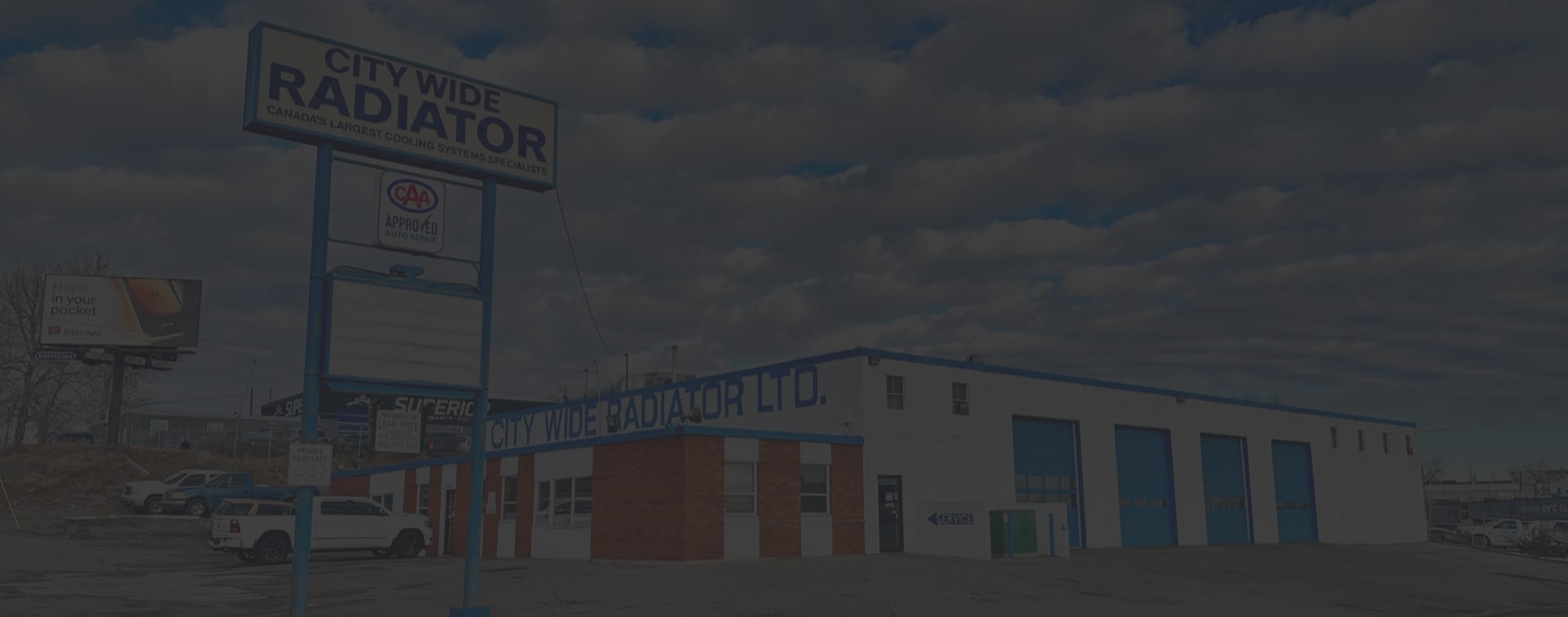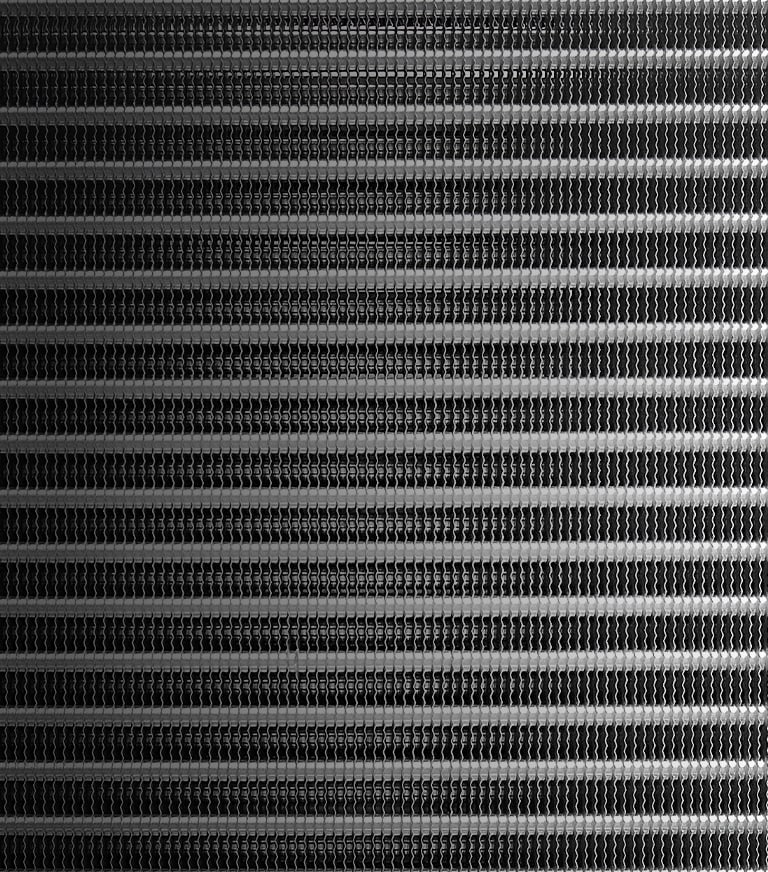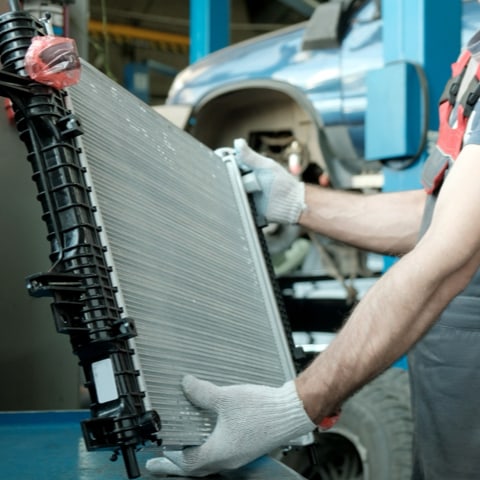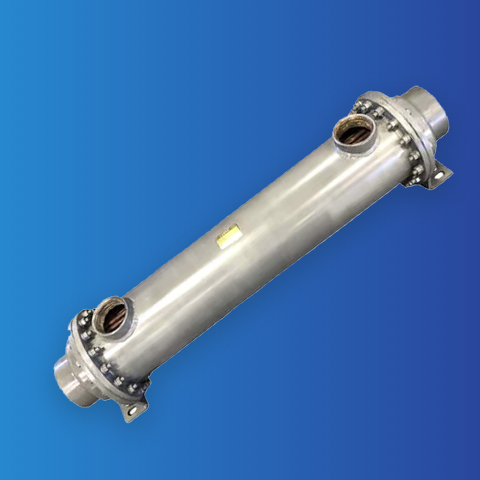Answering Your Questions & Concerns
People don’t give much thought to their radiator until it starts to malfunction. The following list provides some insight into some of the common issues we may see.
Solder corrosion is caused by the breaking down of rust and leak inhibitors in coolant. Tube-to-header joints are weakened, and corrosion can restrict coolant flow.
Rust and leak inhibitors may start forming solids that get stuck in your radiator’s cooling system, which restricts that system’s flow.
Road salt and seawater both will deteriorate your radiator’s fins, causing tubes to leak and overheating to occur.
When your radiator’s solder bond between the fins and tubes loosens or deteriorates, your radiator’s fins end up loose in the core, which causes heat transfer loss and reduced radiator strength.
Solder joints that fail can cause your radiator to lose coolant.
If your radiator has solder joint failure or a cracked header, it is generally a result of pressure-cycle fatigue.
If your engine is exposed to extreme heat and pressures, the result can be that your radiator’s tank seam or header is leaking.
If there’s a side piece loose on your radiator, the radiator’s core might start flexing, and the tubes could fail.
If your coolant shows traces of oil, it could be either transmission fluid or engine oil—both of which can result in transmission or engine damage.
Radiator fatigue and solder joint corrosion can cause leaky inlet/outlet hose connection leaks.
A minor collision or even a failed water pump can result in damage to the radiator.
A defective pressure cap or an engine exhaust leak can cause excessive pressure in the radiator and can eventually destroy it.
Stray electrical currents can corrode metal parts in your radiator to the extent of producing voids in your radiator’s tubes, as well as corrosion of metal components.
High stress and stress in your radiator could cause its plastic tank to crack and fail prematurely.
If your coolant shows traces of oil, it could be either transmission fluid or engine oil—both of which can result in transmission or engine damage.
Steam can break down the plastic tank, which will produce thinning and, ultimately, holes in the plastic tank. Frequently, white deposits are also found.

Our Location
Contact Information
Toll Free: 1-800-661-8620
- Phone: 403-243-5100
- Fax: 403-277-7243
- Text: Toll-Free: 1-800-661-8620
- Email: [email protected]
Our Address
- 4420 Blackfoot Trail SE
- Calgary, AB T2G 4E9
Hours of Operation
Where to Find Us
You can find us on Blackfoot Trail right before 42 Ave. SE. You won’t miss our sign! We look forward to seeing you at City Wide Radiator.

Our Google Reviews








